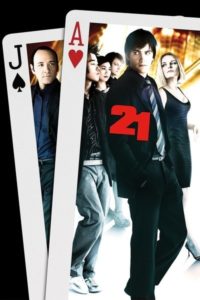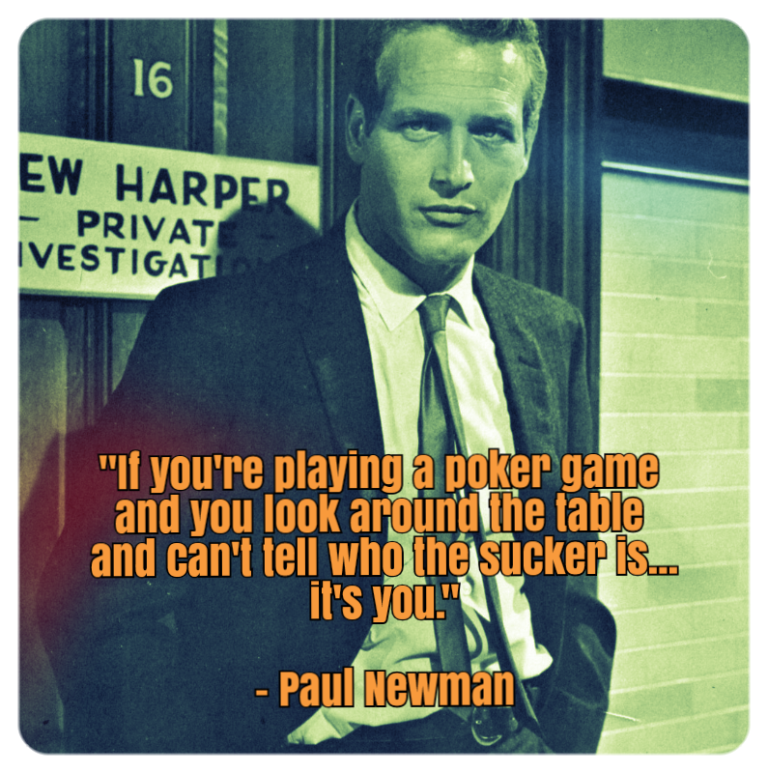 Sic bo, also known as dai siu or tai sai, is a gambling game of ancient Chinese origin, which was introduced to North America by Chinese immigrants at the turn of the twentieth century. Confusingly, while sic bo translates into English as ‘dice pair’, the game is actually played with three dice, which are shaken in a closed box, or ‘chest’, or by a mechanical shaker. After each roll of the dice, the outcome is revealed to the table by the dealer and bets are settled accordingly.
Sic bo, also known as dai siu or tai sai, is a gambling game of ancient Chinese origin, which was introduced to North America by Chinese immigrants at the turn of the twentieth century. Confusingly, while sic bo translates into English as ‘dice pair’, the game is actually played with three dice, which are shaken in a closed box, or ‘chest’, or by a mechanical shaker. After each roll of the dice, the outcome is revealed to the table by the dealer and bets are settled accordingly.
Sic bo offers a variety of betting options and, while the table layout, the titles of the bets and the odds on offer vary from one casino to the next, the most popular wagers are pretty much universal. The most popular bets, not least because they offer, far and away, the lowest house edge of any available on a sic bo layout, are known as ‘Big’ and ‘Small’. These bets win on totals of 11-17 and 4-10, respectively, except in the event of a triple, or three of a kind, typically pay 1/1 and offer a house edge of 2.78% in both cases.
At longer odds, other possibilities include a two dice combination, or ‘domino’, bet, where players attempt to predict the outcome of two dice, rather than three, a double bet, on a specific pair, a specific triple bet. Bear in mind, though, that increased payout odds are offset by a higher house edge. A specific triple bet, for example, typically offers enticing odds of 180/1, but a house edge of 16.2%.
 Not to be confused with pai gow poker, pai gow is a Chinese gambling game, reputedly dating from the days before the Song Dynasty, which arose in Central China in the tenth century, which us played with a set of Chinese dominoes. The name ‘pai gow’ is an Anglicisation of the Cantonese phrase ‘páai gáu’, meaning ‘nine cards’.
Not to be confused with pai gow poker, pai gow is a Chinese gambling game, reputedly dating from the days before the Song Dynasty, which arose in Central China in the tenth century, which us played with a set of Chinese dominoes. The name ‘pai gow’ is an Anglicisation of the Cantonese phrase ‘páai gáu’, meaning ‘nine cards’.
A set of Chinese dominoes consists of 32 tiles, made up of eleven matched pairs of ‘civilian’ suit tiles and five unmatched pairs of ‘military’ suit tiles. Civilian suit tiles are known by names such as ‘heaven’, ‘earth’, ‘man’ and so on, and are ranked according to the cultural significance of their names. Generally speaking, military suit tiles are ranked by the total number of pips, or spots, but the 2-4 and 1-2 tiles, when played together, consistute the highest ranking pair, known as ‘Supreme’.
Each player receive four dominoes, which are arranged into a ‘high hand’ and a ‘low hand’, each consisting of two tiles. Starting with the betting position known as the ‘action hand’, determined rolling dice, players take turns to compete with the hands held by the designated player-dealer; to win, the player, or player dealer, must prevail in both hands.
 Released by Columbia Pictures in 2008, ’21’ is a slick, stylish crime drama film loosely based on the book, ‘Bringing Down The House’, written by Ben Mezrich, which tells the story of the real-life Massachusetts Institute of Technology (MIT) Blackjack Team. Jim Sturgess stars as brilliant, but down-on-his-luck, mathematics prodigy Ben Campbell, whose admission to Harvard Medical School depends on his ability to raise $300,000 to pay tuition fees. Having impressed statistics professor Micky Rosa, played by Kevin Spacey, by unhestatingly solving the so-called ‘Monty Hall’ problem – a counter-intuitive probabililty puzzle – Campbell is deemed suitable to be trained in the ‘dark art’ of card counting.
Released by Columbia Pictures in 2008, ’21’ is a slick, stylish crime drama film loosely based on the book, ‘Bringing Down The House’, written by Ben Mezrich, which tells the story of the real-life Massachusetts Institute of Technology (MIT) Blackjack Team. Jim Sturgess stars as brilliant, but down-on-his-luck, mathematics prodigy Ben Campbell, whose admission to Harvard Medical School depends on his ability to raise $300,000 to pay tuition fees. Having impressed statistics professor Micky Rosa, played by Kevin Spacey, by unhestatingly solving the so-called ‘Monty Hall’ problem – a counter-intuitive probabililty puzzle – Campbell is deemed suitable to be trained in the ‘dark art’ of card counting.
Based on the principle that a deck rich in tens, court cards and aces is good for the blackjack player, keeping a tally of certain cards as they are played reveals when the odds shift in favour of the player and give a card counter a small advantage, typically between 0.5% and 1.5%, over the house. Although not technically illegal, card counting is heavily discouraged by casinos.
Having passed his initiation at an ‘underground’ casino in Chinatown, downton Boston, Campbell joins four fellow recruits on weekend trips to Las Vegas; using a well-rehearsed system of hand signals and code words they proceed to win hundreds of thousands of dollars playing blackjack. Predictably, despite his honourable intentions, Campbell is gradually corrupted by the high-rolling lifestyle and, ultimately, his arrogance and greed attracts unwanted attention. Events spiral out of control, leading to a final showdown, during which the avaricious Rosa finally gets his comeuppance at the hands of his long-time nemesis, veteran casino security consultant Cole Williams, played by Laurence Fishburne.
The movie was set to be one of the top gambling movies of all time (it did make the top 10 gambling movies in Italy ) but over time it has instead become regarded as one of many gambling flick of modern times..



